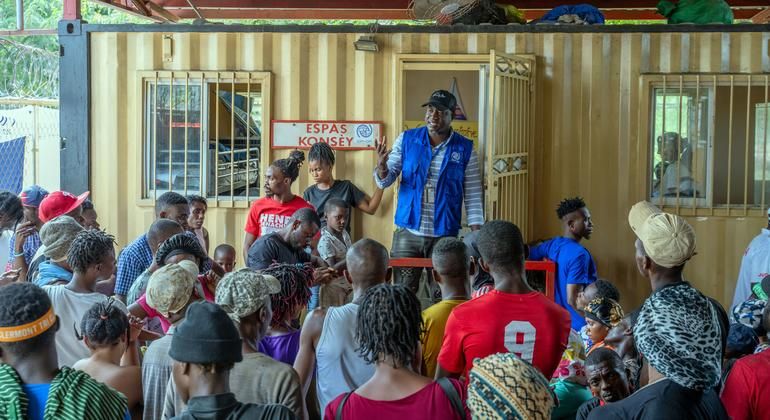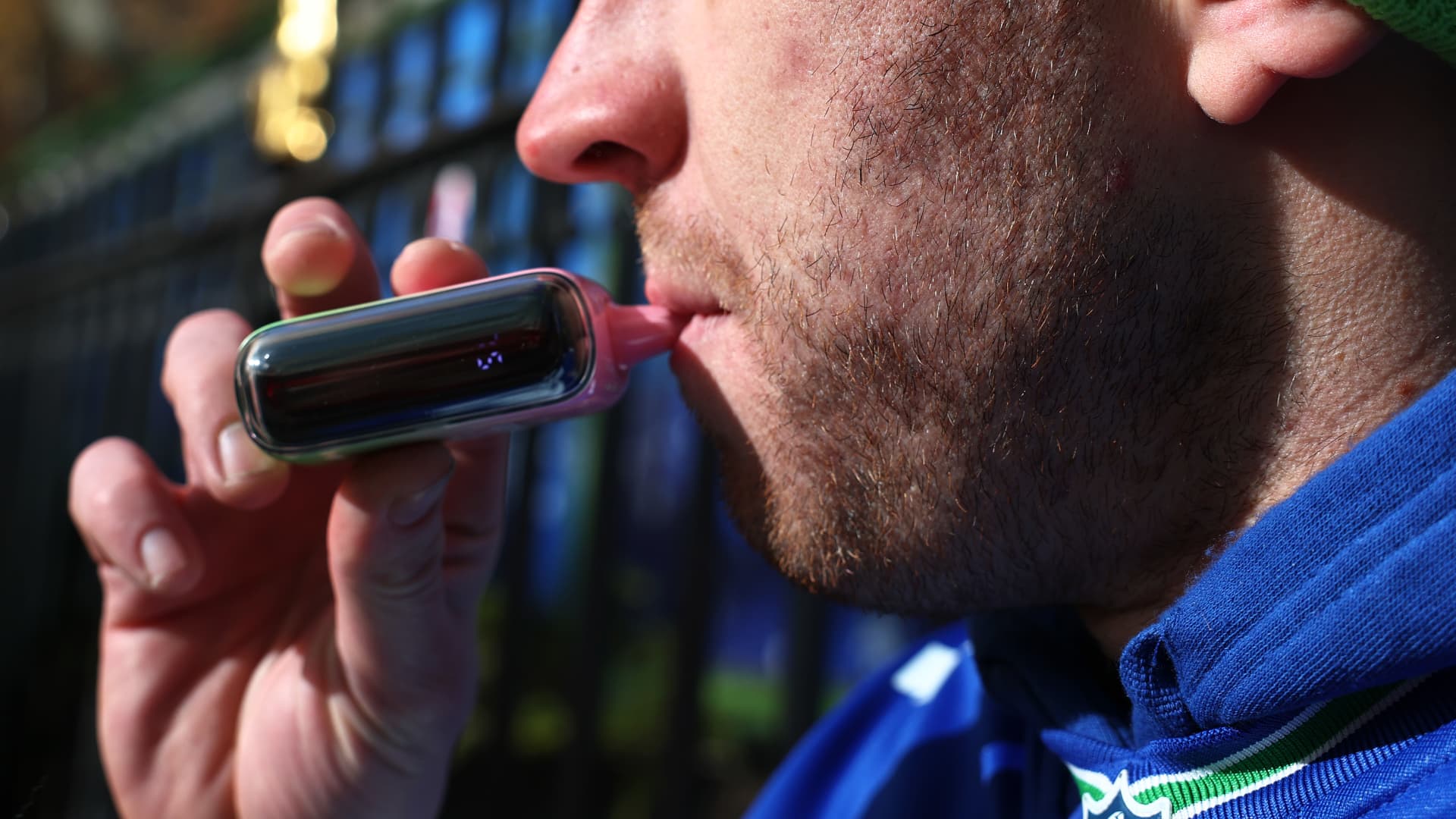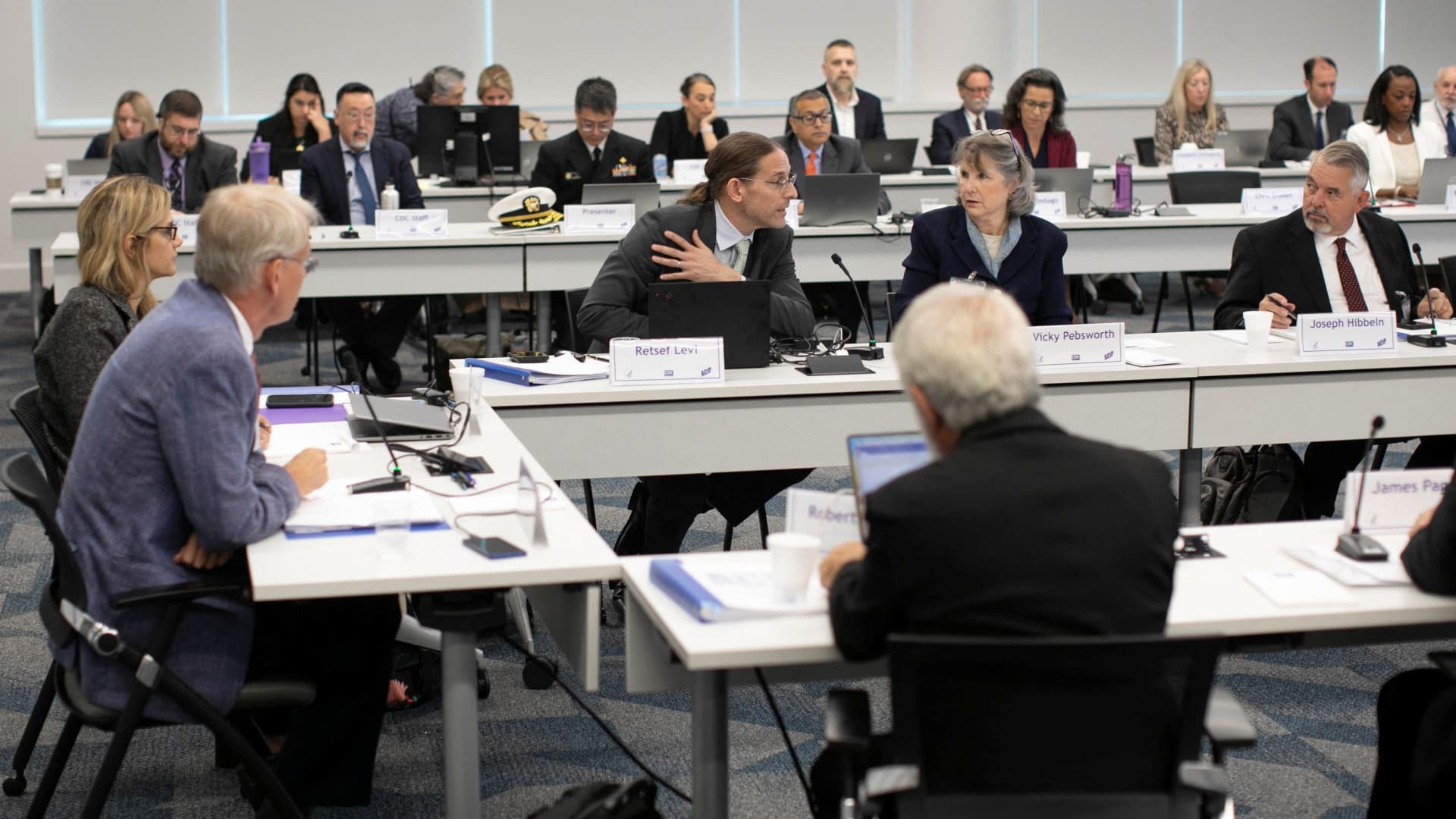According to the UN Migration Agency, IOM, recent weeks have seen an increase in deportation of women, including those who are pregnant or breastfeeding, as well as children and newborns.
The agency has emphasized the greatest risks facing these groups that are returned to Haiti, where access to basic services remains severely limited.
Only on Tuesday, the IIM staff at the Belladère border crossing in Haiti received 416 deported, including 11 pregnant women and 16 women who are still breastfeeding.
Meet needs
“While IOM teams are not present during the deportation process itself, their efforts focus on the needs of the deportees upon arrival, Many of which arrive in precarious and highly vulnerable conditions, often without any resource.“The UN spokesman Stéphane Durric said speaking in New York.
He explained that the IOM provides immediate humanitarian assistance, including food, water and hygiene kits, as well as first aid, medical references and psychosocial support.
Special attention to maternal health is paid, and the temporary places to live are organized for women who breastfeed when necessary, he added.
Worsening conditions
Mr. Dujarric was also updated on the situation in Haiti, where the increase in violence and recent financing cuts are undermining the essential services and worsen the humanitarian situation, particularly in the department of the center.
The growing violence by armed groups has caused mass displacement, with More than 51,000 people, more than half of them children, fleeing recent attacks. Many are now stranded in improvised sites or seeking security in other regions.
There is no security within hospitals
He pointed out that Mirebalais University Hospital, an important reference center with approximately 300 beds, has suspended operations After a wave of insecurity in the area.
“Armed attacks, a breakdown of mass prison and the destruction of public infrastructure forced the hospital to close gradually. Before its closure, it treated almost 850 patients every day, even through maternal care and advanced cancer treatment,” he said.
Meanwhile, two other hospitals in the area, St. Therese in fan and Albert Schweitzer Hospital in Artibonite, are now under greater tension and face critical shortages, including medical kits of oxygen and emergency.
Since the closing of the University Hospital in Mirebalais, they have treated more than 200 patients for bullet wounds, stroke, suspicion of anger and malnutrition.
“Santa Teresa has only received more than 3,500 people displaced internally, tripling their outpatient charge,” said Dujarric.
The UN Children's Fund (UNICEF) and humanitarian partners are working to relieve pressure on the health system in the central department.
Mobile clinics are being deployed to reach 30,000 people in host communities and displacement camps, in coordination with the Haitian authorities and the Caritas Catholic beneficial organization.
Humanitarians are looking for $ 908 million to support almost four million people in Haiti this year. Only six percent of the funds, $ 57 million, have been received to date.












